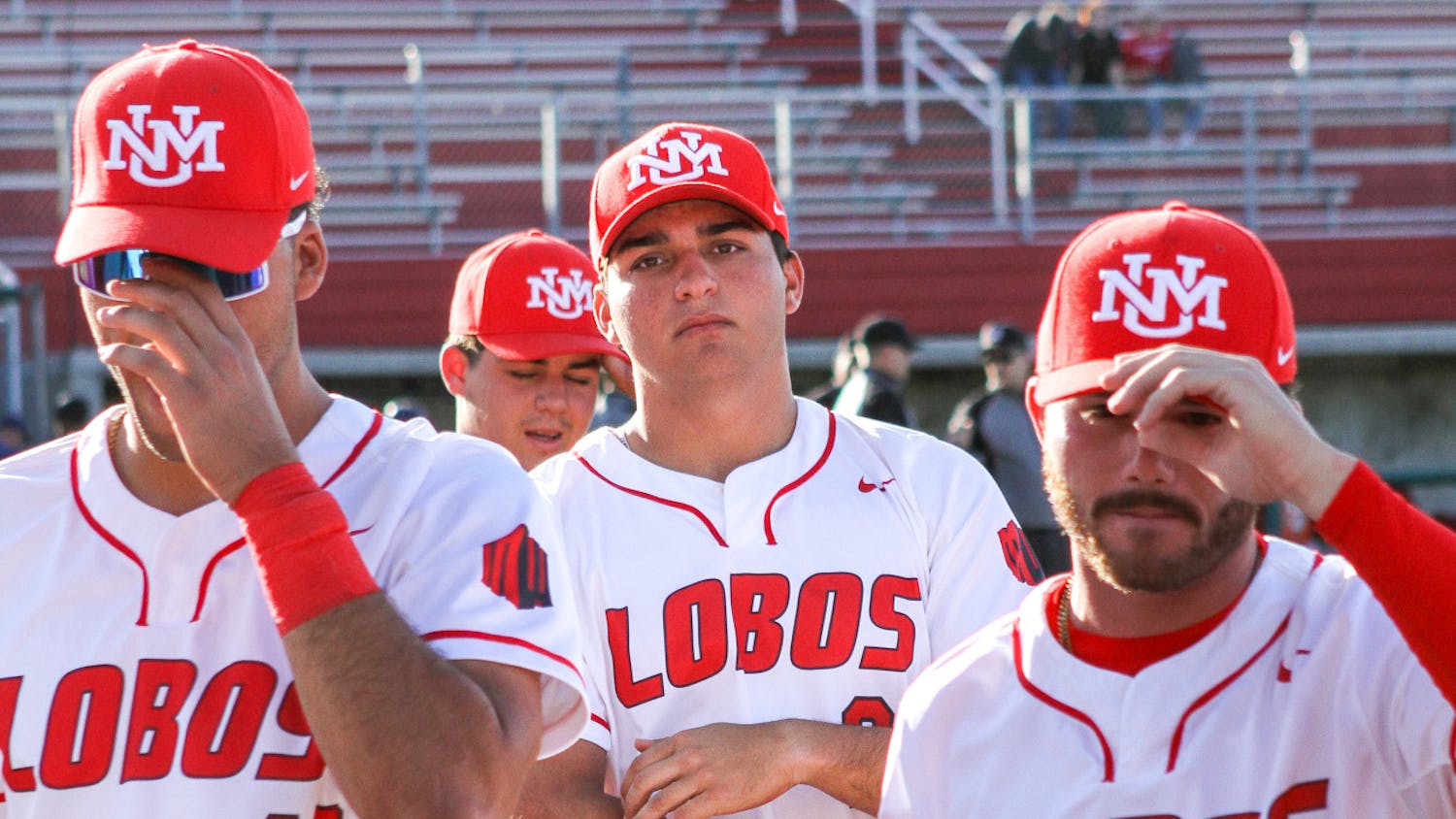Coleman has recently completed a book that is 10 years in the making. The book, which contains chapter titles such as “Am I White Enough For You?”, touches on a variety of subjects including hip-hop culture, authenticity, identity and post-racial America.
As Black History Month nears its end, the Daily Lobo sat down with Coleman to talk about issues of race in America.
Daily Lobo: What does racism mean?
Coleman: “It’s such a complex conversation that it’s not surprising that the vast majority of Americans, even scholars, don’t know how to have that conversation. Race is an artificial construct, biologically. It’s rooted in these ideas from anthropology, that at some point in time there were three races of men: Mongoloids, Caucasoids and Negroids. The problem wasn’t so much with that construction as it was with what people did with that construction. Instead of talking about race and racism on an individual level, we have to think about personal prejudices and how those personal prejudices support institutional racism.
“Institutional racism has to do with the power structures that reinforce racist thinking. It’s nothing new; there is nothing novel about racism and white supremacy in America. It’s been part of the fabric of our nation from its very founding. We’ve always been intellectually dishonest about that fact, so we imagine that we’ve always been this nation that we’ve never been. Until we learn how to ask ourselves the right questions and anticipate the complexity of the answers that they require, we’re going to be stuck in this trap.”
DL: How do law enforcement authorities in this day and age deal with racism?
Coleman: “The police don’t deal with racism. What the police do is provide surveillance from one community against another. And when that line between those communities is crossed — we’ve always talked about that as the “color line” — when that line is crossed, people can get hurt, because they don’t know what the rules and regulations are on the other side of the line — at least not well enough to survive. Trayvon Martin innocently crosses a line, but he doesn’t realize that there are people who are going to surveil him; George Zimmerman has been taught that there is a certain profile that these people fit into and they do certain things. He acts on his assumptions, Trayvon acts on his, and the next thing you know they are scuffling in the street and one of them dies.”
DL: What do you think are the biggest obstacles to racial harmony?
Coleman: “I think two things: intellectual dishonesty about what has happened, and an absence of intellectual curiosity about how we can actually go back and fix it. I don’t think we have those two things. We don’t have the will. Societally, we haven’t demonstrated the will to extirpate the demons of our past, to actually interrogate those demons in ways that we can defuse them. So on an individual, one-on-one set of relationships we can have interpersonal relationships that suggest that we as individuals aren’t racist, aren’t prejudiced, but still harbor remarkably offensive ways of thinking about race because we don’t have the intellectual apparatus to actually interrogate our feelings, to talk about what race and racism means. Even to those of us who imagine ourselves to be above and beyond that, we’re left to make horrible mistakes.”
DL: Why is there a minimal African American population in Albuquerque?
Coleman: “Albuquerque was a profoundly racist city in the early 20th century. To talk about racism in Albuquerque is very difficult because, remember, Albuquerque is going to inherit a system that is very different than the rest of the United States when it comes to race. This is former New Spain, so the caste system still had an impact in how this community was set up, who was in power and why they were in power. Albuquerque, in many respects, is one of the most liberated and liberal communities that you could ever want to live in, but it also has its demons as well. Albuquerque isn’t very outgoing in publicizing the opportunities that it has for minorities.
Get content from The Daily Lobo delivered to your inbox
“I do think that what has happened with Albuquerque in terms of blacks is that black people simply jumped over, bypassed Albuquerque and places like Phoenix, on their way to a land that has a reputation for being much more liberal: California. Albuquerque doesn’t have the same appeal as Los Angeles might have, or San Francisco might have — these communities that tend to be outwardly open and accepting. It’s not to say that Albuquerque is not, but Albuquerque doesn’t bend over backwards to say that it is. It’s very difficult to talk with any kind of authority about race and racism in Albuquerque that way.”
Matthew Reisen is a staff reporter at the Daily Lobo. He can be contacted at news@dailylobo.com or on Twitter @DailyLobo.





